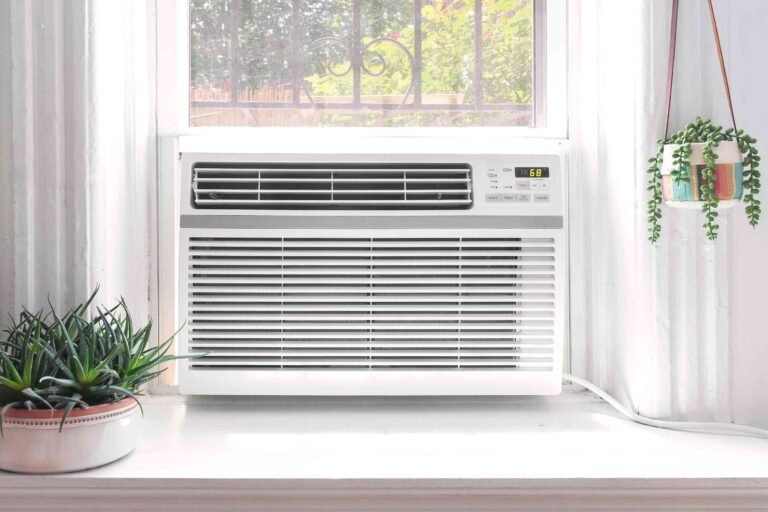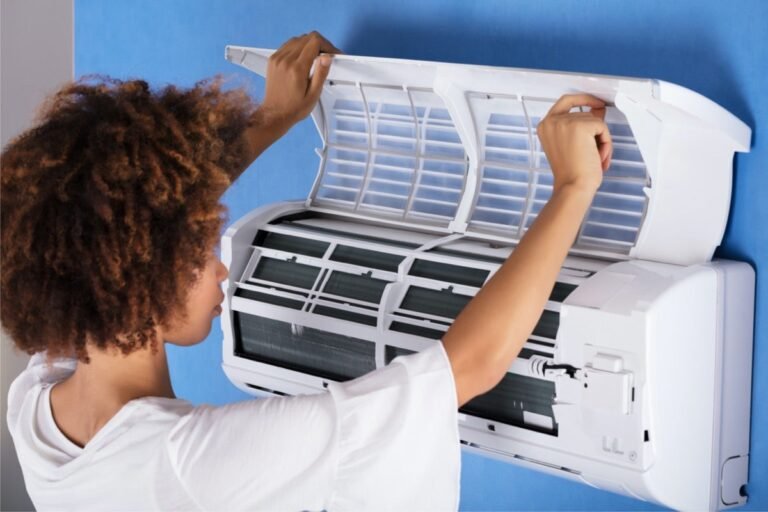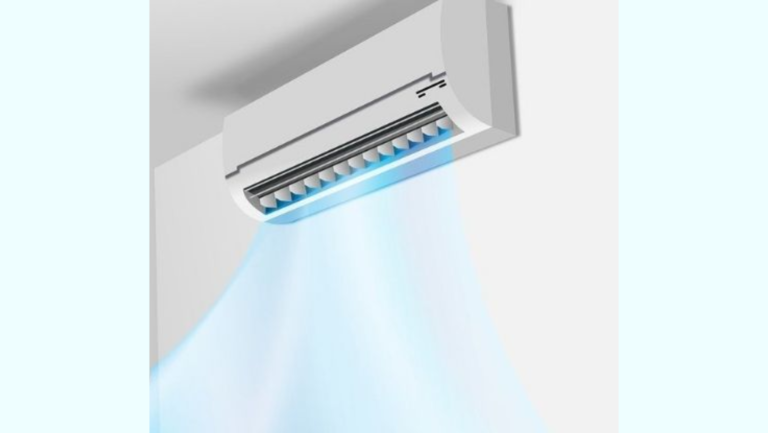Can I Use Drano in My Ac Drain? Expert Advice Revealed!
No, it is not recommended to use Drano in your AC drain. Using Drano in your AC drain can cause damage to the unit and may lead to costly repairs.
Drano is designed to unclog drains in sinks and showers, but it is not suitable for use in the AC drain. AC drains require different methods of cleaning and maintenance to prevent clogs and ensure proper functioning. It is best to consult a professional HVAC technician who can safely and effectively clean your AC drain using appropriate techniques and tools.
By avoiding the use of Drano in your AC drain, you can protect your unit and avoid unnecessary expenses.
Why An Ac Drain Can Get Clogged
Why an AC Drain Can Get Clogged
A clogged AC drain can cause several problems, impacting the efficiency of your air conditioning system and potentially leading to costly repairs. Understanding why the AC drain gets clogged is important in order to prevent future issues. Here are some of the common causes for AC drain clogs:
| Cause | Description |
| Dirt and Debris | Over time, dirt, dust, and other debris can accumulate in the AC drain line, blocking the flow of water. |
| Mold and Algae | In warm and humid environments, mold and algae can grow inside the AC drain line, restricting the passage of water. |
| Dead Insects | Insects, such as ants and wasps, can enter the AC drain line and eventually cause a blockage. |
If you suspect a clogged AC drain, there are a few common signs to look out for, including:
- Water leakage around the indoor unit of the air conditioner
- Strange odors coming from the vents
- An increase in humidity levels inside the house
Regular maintenance and periodic cleaning of the AC drain line are necessary to prevent clogs and ensure the smooth operation of your air conditioning system.
Risks Of Using Drano In Your Ac Drain
Using Drano in your AC drain can have several risks and potential consequences that you should be aware of. The chemical reactions caused by Drano can result in significant damage to your AC system. Drano is designed to dissolve clogs, and it can corrode the pipes and coils in your AC unit if it comes into contact with them.
Another important factor to consider is the impact on the environment and your drainage system. Drano contains harsh chemicals that can be harmful to the environment when they are washed into the sewage system. Additionally, these chemicals can damage the drainage pipes and contribute to clogs and blockages in the long run.
Given these risks, it is recommended to explore alternative methods for clearing clogs in your AC drain. Using natural or enzymatic drain cleaners can be a safer and more eco-friendly option. Regular maintenance and cleaning of your AC system can also help prevent clogs and potential damage. If you’re unsure about the best approach for clearing a clog in your AC drain, it’s always advisable to consult with a professional HVAC technician.
Expert Advice On Maintaining Your Ac Drain
In order to ensure your AC unit functions properly, it is crucial to maintain and clear its drain regularly. While using Drano may seem like a quick solution, it is not recommended for clearing AC drains as it can cause further damage to the unit.
Expert Advice on Maintaining Your AC Drain:
1. Regular Cleaning: Clearing the drain line should be a part of your routine maintenance. Flush the drain line with a mixture of vinegar and water or use a wet/dry vacuum to remove any debris.
2. Use a Drain Line Cleaning Tool: A drain line cleaning tool, such as a pipe snake or a wet/dry vacuum attachment, can help remove clogs and obstructions.
3. Install a Float Switch: A float switch can detect water levels and automatically shut off the AC unit if the drain becomes clogged. This prevents potential water damage.
4. Consider a Pan Treatment: Pan treatments, such as algae tablets or bleach tablets, can help inhibit the growth of algae and mold in the drain pan.
Alternative Methods to Clear a Clogged AC Drain:
If the drain line remains clogged after attempting the aforementioned methods, it is best to consult a professional HVAC technician. They have the necessary tools and expertise to safely clear the clog without causing any further damage to your AC unit.
Tips for Preventative Maintenance:
1. Keep the area around the AC unit clean and free from debris to prevent potential blockages.
2. Regularly inspect the drain line for signs of clogs or leaks.
3. Schedule annual maintenance with a professional HVAC technician to ensure the AC unit and its drain function optimally.
Step-by-step Guide To Cleaning Your Ac Drain
When it comes to cleaning your AC drain, it is important to gather all the necessary tools and materials before starting the process. You will need a screwdriver, wet/dry vacuum, bleach or vinegar, a small brush or pipe cleaner, and a bucket or towel to catch any water that spills.
Next, you need to remove any debris and buildup from the drain line. Start by turning off the power to your AC unit. Locate the drain line and use a screwdriver to remove the cap or access point. Use the wet/dry vacuum to suck out any clogs or blockages, and then use the brush or pipe cleaner to remove any remaining debris.
After clearing the drain line, you can flush it with water or an AC-safe cleaner. Fill a bucket with water or a mixture of bleach or vinegar and water. Pour the solution into the drain line, allowing it to flow through and clean out any remaining buildup. You can also use an AC-safe cleaner, following the manufacturer’s instructions.
Regularly cleaning your AC drain can help prevent clogs and keep your unit running smoothly. It is recommended to clean the drain line at least once a year, or more often if you notice any signs of a clog or reduced cooling efficiency.
Best Practices For Preventing Ac Drain Clogs
Regular inspections and cleaning are key when it comes to maintaining a clean HVAC system and preventing clogs in your AC drain. By keeping the drain clean, you can avoid potential issues and ensure efficient operation of your air conditioning unit. Here are some best practices:
- Inspect the drain regularly: Check for any visible obstructions or signs of a clog, such as water pooling or slow draining. Take action immediately if you notice any issues.
- Clean the drain line: Use a mixture of bleach and water or vinegar and water to flush out any accumulated debris or algae growth. This should be done at least annually to keep the drain clear.
- Install a drain line access point: This allows for easier cleaning and maintenance of the drain line. Consider getting professional help if you’re not familiar with the process.
- Use a preventive treatment: There are commercially available drain line treatments that can help prevent clogs and keep the drain clear. Follow the manufacturer’s instructions for proper usage.
Remember: Regular inspections and cleaning of your AC drain are essential for preventing clogs and maintaining the optimal performance of your HVAC system.
Signs That Your Ac Drain Needs Professional Attention
If you have persistent clogs in your AC drain despite your DIY efforts, it may be a sign that your AC drain needs professional attention. Drano is not recommended as a solution for AC drain clogs. It is designed for use in household drains like sinks and toilets, not for AC units. Using Drano in your AC drain can be harmful to your system and may cause further damage. Additionally, if you notice unusual noises or leaking from your AC unit, it is another indication that professional attention is required. AC drain clogs can lead to a variety of issues, including reduced cooling efficiency and potential water damage. It is best to consult a professional HVAC technician who can accurately diagnose and address the underlying cause of these problems.
Benefits Of Hiring An Ac Drain Professional
Benefits of Hiring an AC Drain Professional
When it comes to maintaining your AC drain, it’s important to consider hiring an expert. AC drain professionals bring expertise and specialized equipment to ensure the job is done correctly. Unlike DIY attempts, professionals have the knowledge and experience to handle any issue that may arise.
Expertise and specialized equipment: AC drain professionals have extensive knowledge in AC systems and drainage. They understand the intricacies of AC drain lines and can easily identify any blockages or leaks. With their specialized equipment, they can efficiently remove clogs and prevent further damage to the drain line.
Minimizing potential damage and costly repairs: AC drain issues, if left unaddressed, can lead to serious damage to your AC system and potentially result in expensive repairs. By hiring a professional, you can ensure that any issues with your AC drain are promptly identified and resolved, mitigating the risk of further damage and costly repairs.
:max_bytes(150000):strip_icc()/drain-cleaning-bladder-2718768-hero-028af492618344edb3ce7373714bddad.jpg)
Credit: www.thespruce.com
Frequently Asked Questions Of Can I Use Drano In My Ac Drain
Can I Use Drano In My Ac Drain?
No, you should not use Drano in your AC drain. Drano is designed for clearing clogs in kitchen and bathroom drains, not for AC systems. Using Drano in your AC drain can damage the system and may even void your warranty.
It is best to contact a professional HVAC technician to properly clean and maintain your AC drain.
Conclusion
Drano may seem like a quick fix for a clogged AC drain, but it’s not recommended. Not only can it damage the drain lines and the AC system, but it can also harm the environment and your health. Instead, opt for safer alternatives like vinegar and baking soda to clear the blockage effectively.
Remember to regularly maintain your AC system for a smoother and trouble-free performance.






